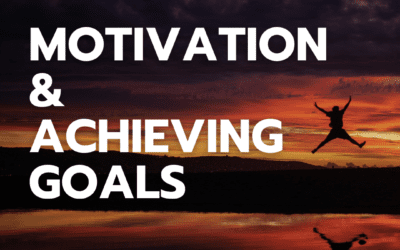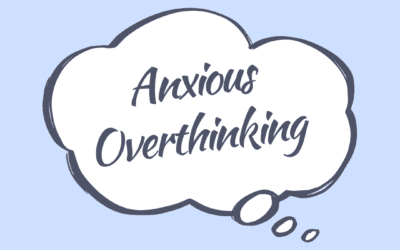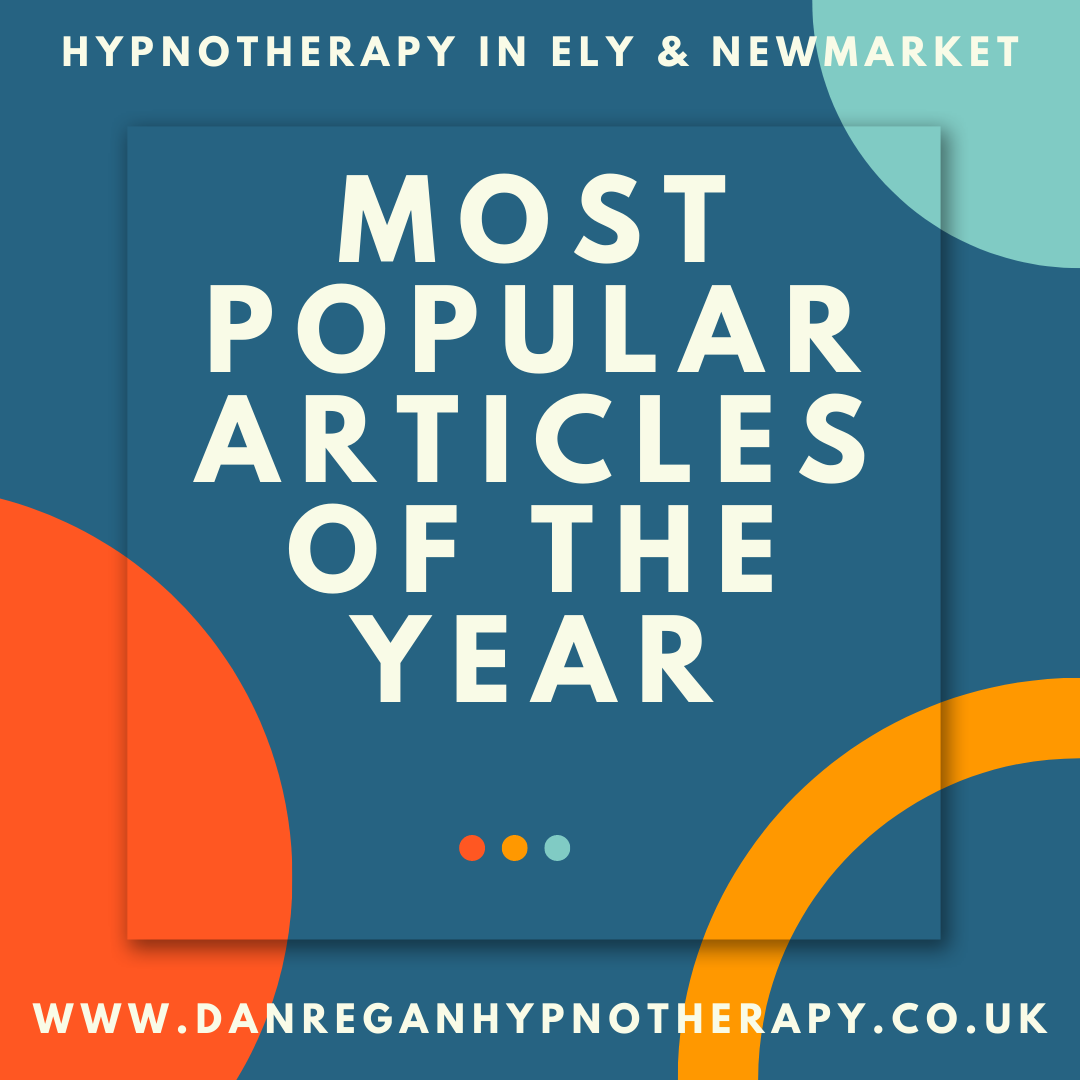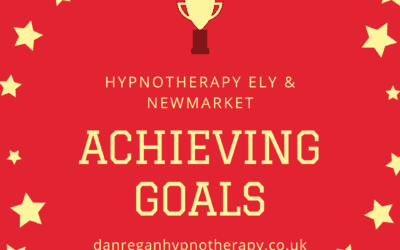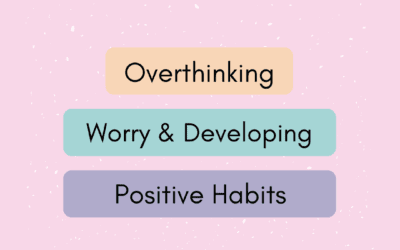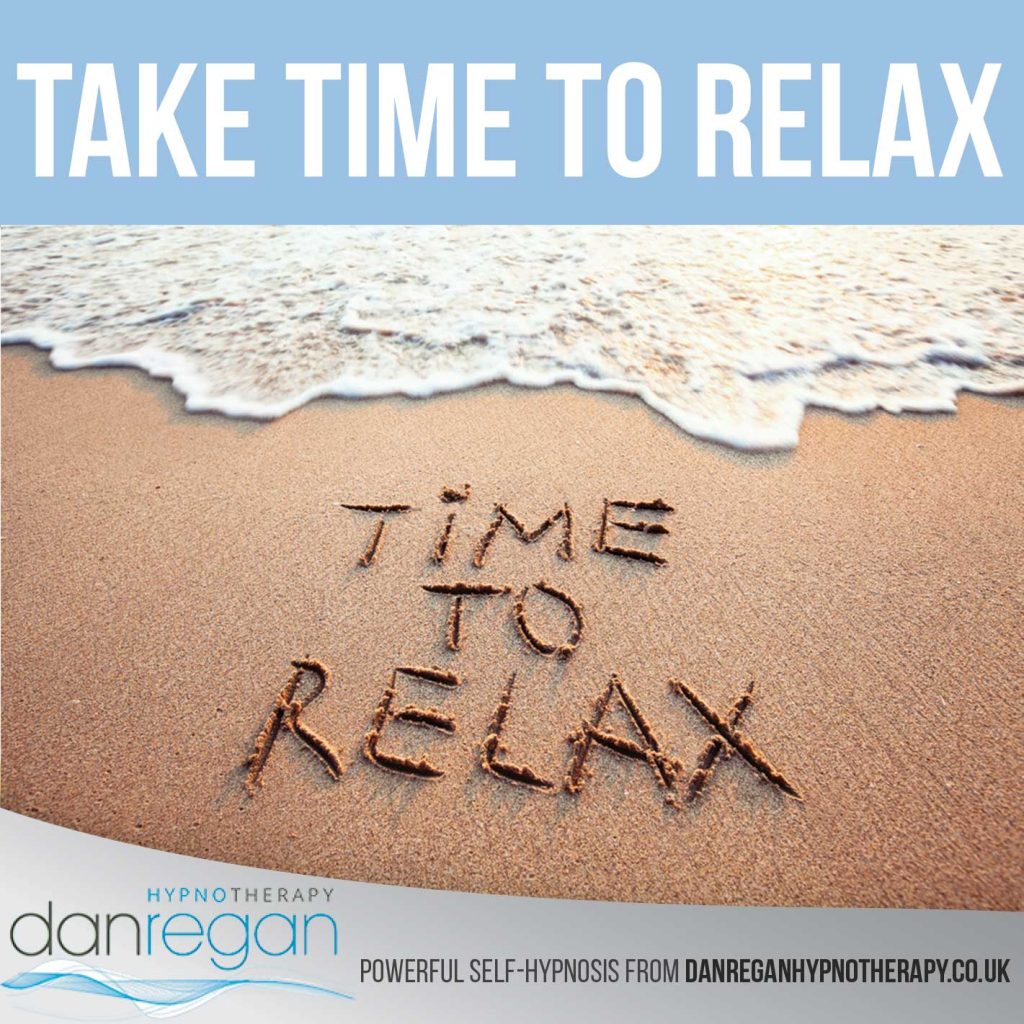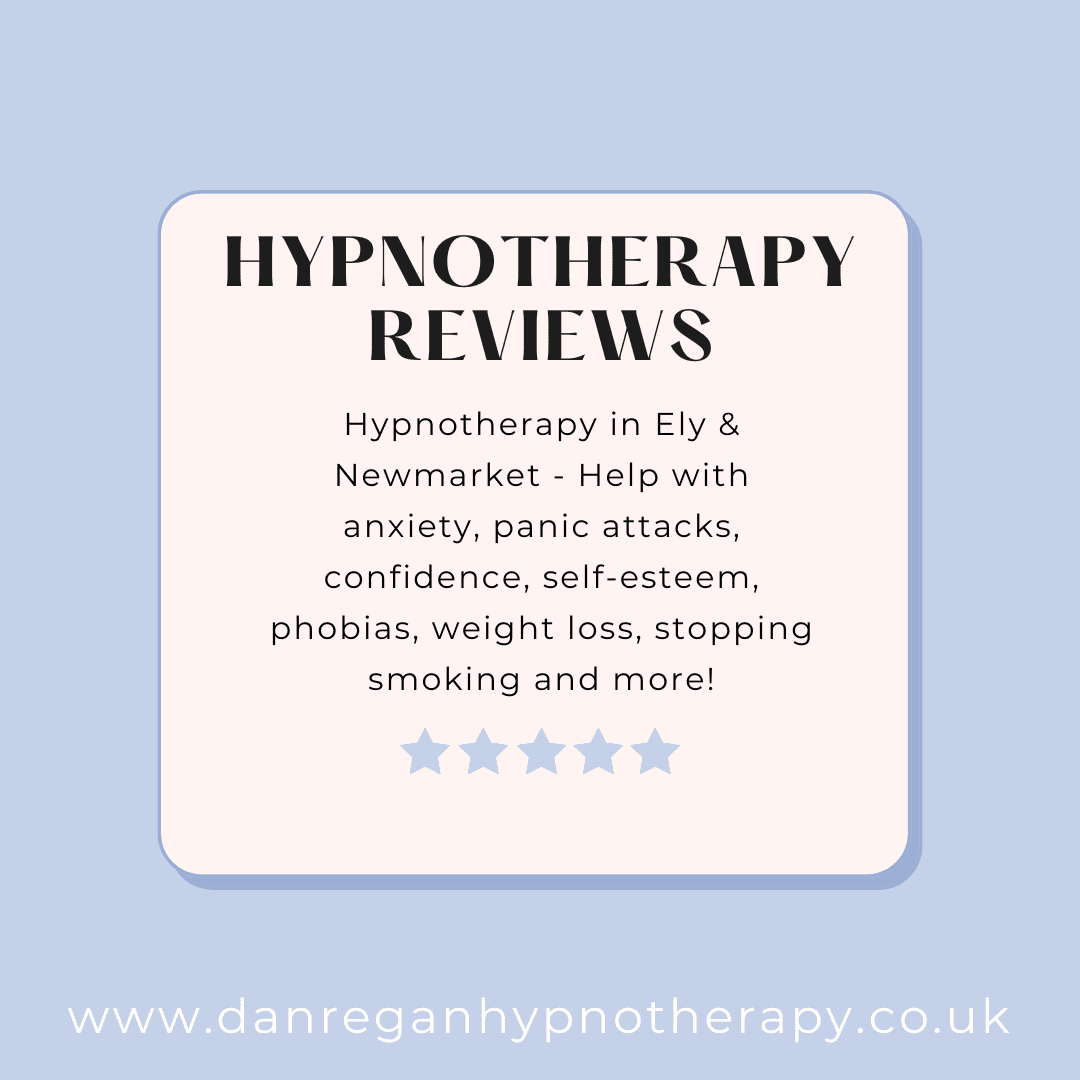Required
Motivation and Achieving Goals – Hypnotherapy in Ely and Newmarket
Motivation and Achieving Goals – Hypnotherapy in Ely and Newmarket
Do you find yourself setting goals and then never really getting going with them? Or maybe you start off all motivated and firing on all cylinders yet along the way you lose focus and motivation and your good work gets abandoned?
It’s an all too familiar story where people set goals with the best intentions and knowing it will benefit them, yet they find themselves ending up back where they started.
There can be any number of reasons for this, yet there are certainly some things that, when put in place effectively, can help you to make progress and to keep it going.

